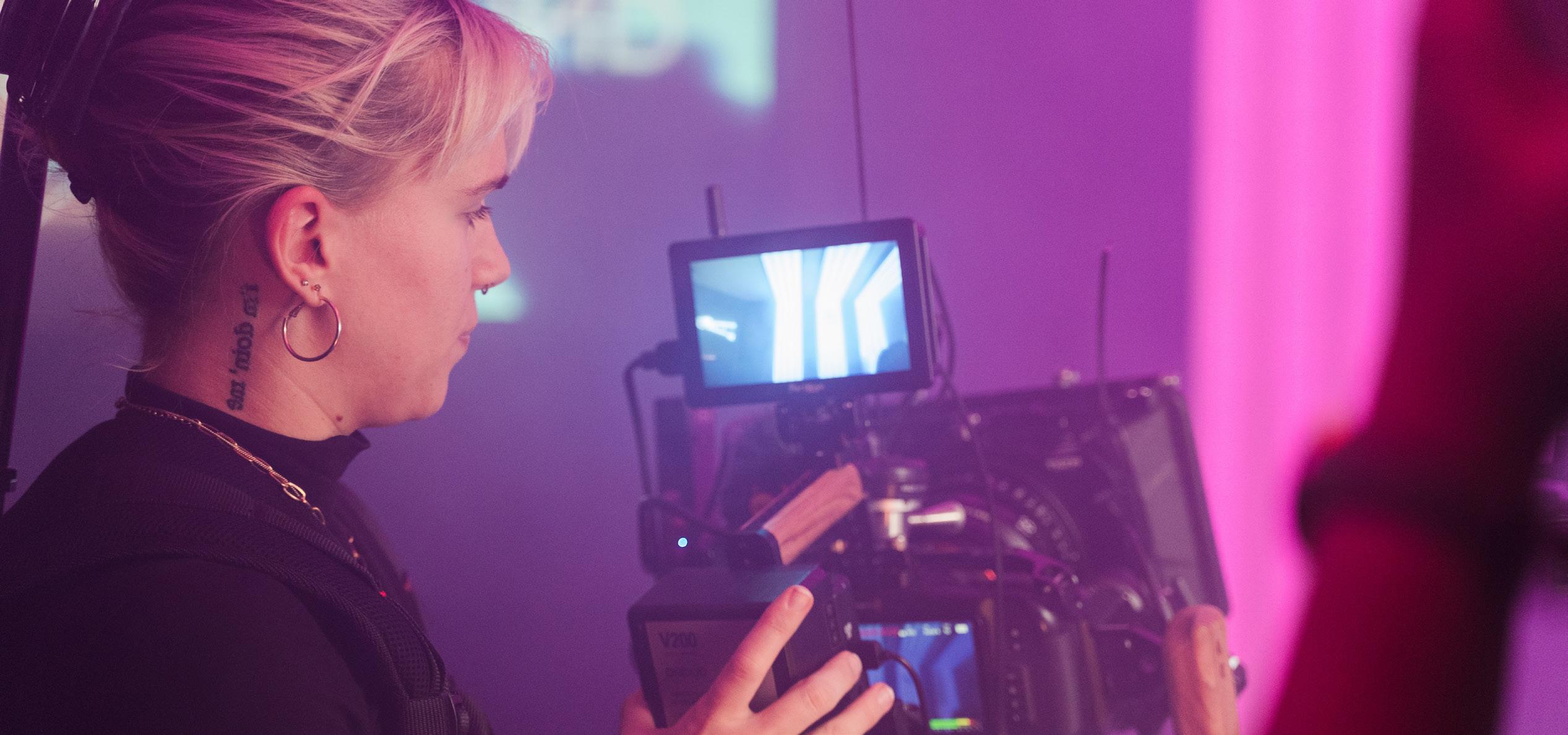
8 minute read
Ralph Mercer
By Ralph Mercer
THE development of a Learning Identity Framework1 (LIF) offers a different path for future literacy research activities as a self-development process for individuals to sift through the layers of data and social observations about themselves to discover a new narrative about learning. Positioning the LIF as cognitive mediation between the ambient data and personal observations to create alternate pathways for future literacy research opens opportunities for informal and formal learning skills development.
The goal of the development of the LIF is to provide a suitable method to enrich an individual’s understanding of their learning identity. While learning identity could be considered an ‘interior’ phenomenon, it is often influenced by interpretations of exterior norms and the expectations of social, professional, and collective groups. Learning identity could be described as the image or story individuals have of themselves as learners based on their success, failures, and expectations. LIF intends to provide actionable solutions making it easier to balance internal and external factors, giving the futures literacy practitioner permission, if you will, to find a new learning path to follow.
The LIF conceptually is a fusion of Personal Informatics and Self-Writing techniques, which as a package, is intended to provide insights into everyday life experiences by examining and reflecting on personal data and social observations to understand their learning activities and produce an actionable reconceptualization of their LIF.
An actionable identity implies that individuals have agency and control over their data and personal activities to create a new narrative about themselves as learners. LIF can provide the structure and process to question what external environments and social activities disrupt positive learning activities and emotions. Becoming the method of examining and recording the everyday systems that guide one’s life, schedules, conventions, and habits provides insights and measurable means to re-organize daily activities and spend less time in areas of stress and negativity.
The LIF has the potential to become the means to create a long-term continuous method for capturing, curating, and contemplating the events that shaped a learner’s image of themselves and enacting beneficial changes. Consequentially, a learner’s identity is not confined by institutional boundaries between informal and formal learning and, as a result, becomes a significant influencer in all aspects of the individual as a futureaware citizen. The LIF was intended to address the tensions created between the intra-actions between personal life and adult learning that do not fit nicely within formal and informal learning labels. The framework also expresses the intimate and social intra-actions between internal beliefs and the many external influencers that are not always within the individual’s control.
The LIF as technology comprises two halves, the datadriven tracking of personal informatics and the exploration of assumptions and beliefs through self-writing activity. Personal
NOTES:
1 Article is condensed from my earlier research “Mercer, R. (2017) Learning Identity Framework: Learning Identity through Self-Awareness. The Open University.”

Informatics, often called self-tracking, seek to define the “numerical” portion of our daily activities and environment. The tracking technologies can be the silent witnesses to a myriad of data points; the calories we eat, steps we take, the environment we pass through, pulse rates, screen time and many others. This tells the story of the body’s interaction with its physical environment, often failing to capture the complexity of unconscious habits, internal motivations, desires, and external expectations.
The Self-Writing Journal tells the other story, the messy human assumptions and beliefs and provides space to gather and reflect while providing the opportunity to revisit those experiences through the self-writing process. Swinger (2006) describes self-writing as focused on self-improvement and self-care through purposeful writing that is both interrogative and constructive. Humans are living, breathing and messy; however, they move through an environment that allows that messiness to
be tracked and compared to our embodied narratives. Self-writing is a futures facing activity; it seeks to change the writer’s habits, behaviours, and actions. It is not autobiographical, which records the past of the author’s life for prosperity or a diary that records the present activities. SelfWriting, as a technology, requires attentiveness to our internal self, attending to what we think and what takes place in our thoughts to shift how one acts in the world. Lastly, self-writing must be actionable to serve the goal of selfmastery (MacDonald, 1996).
While the LIF provides a whole-person approach and the opportunity to bridge the gap for individuals to interrogate their assumptions, beliefs, behaviours and physical activities expressed in their data, the learning informatics framework is not conceived to be used on a large scale. Instead, it is a personal tool. The individual who chooses to use the Learning Informatics Framework will have decided that they want to commit to learning more about their learning habits and, through self-reflection, have a positive influence on their identity. For most, this will be achieved in the long-term tracking of their daily activities to discover the differences between a positive learning day and one that is not. The goal is to maximize the behaviours that make a day positive and minimize the influences that have a negative impact. Over the long term, the hope is that this will positively influence their learning. With those limitations in mind, the research approach introduces a unique Learning Informatics Framework that shows support from experts in the field, engagement with potential users, and a solid comparison of existing learning frameworks.
As research continues, the theoretical and methodological situating of the Learning Informatics Framework may shift or become part of a new context for Futures Literacy or the future informal learning. Our brain is constantly anticipating what is about to happen. Whether our brains resist the future or expect it, the rigorous use of the methods and tools of future studies can undoubtedly make a difference (Inayatullah, 2018). Personal Informatics seeks to define the “numerical” portion of our identity. A single technology does not represent Personal Informatics; it is a diverse concept that is best identified as a common theme, collecting personal data by the individual for self-analysis. Personal informatics is rarely identified as a single technology; it provides the underlying concept, and technological structure referred to by many names, such as quantified self, selftracking, personal analytics, self-surveillance,


lifelogging, and health informatics. The technologies can range from pen and paper to professionally designed applications and wearable computers.
While quantitative in approach, the personal data that accumulates could be described as a form of auto-narration through the language of numbers. Personal data without self-writing philosophically leans towards a positivist and neo-liberal approach of “self-knowledge through numbers” (Ajana, 2017). With the intra-actions with self-writing, the data now lends itself to the subjective appraisal of experiences and memories.
For academia, personal informatics (PI) has two core activities as central aspects: collecting data and analyzing participatory personal data to promote reflection. ‘Participatory personal’ data refers to data made, owned, and used by the user for self-awareness (Ohlin et al., 2015). LIF introduces a third aspect to PI, one procedural framework that supports the collection and analysis through self-writing, provides a method to define and construct learner-identity through the stories we tell ourselves and seeks to create new narratives for individuals through the personal data and journal reflections that more effectively represent their desired futures.
This form of self-writing is very different from most forms of journaling/blogging practiced today. In contrast, self-writing is considered a tool a learner could actively use whenever needed to put what one has learned and read into action. Self-writing is not driven by the creativity or essence of the expressive writer but by the cultivation of the learning identity of oneself.
The introduction of a unique learning framework centred on developing a learner identity outside the formal learning environment brings the capability to help the learner deconstruct the broader structural and social influences affecting learning identity. In this format, Self-Writing offers a means to connect the Greek maximum of “know thyself” to the principles of “care of the self.” The LIF system supports the connection of personal data to personal identity and works to unpack layers of data from two perspectives. In other words, self-writing is not simply the process of identifying what the learner already knows; instead, through the multiple sources of data that feed the LIF, systemic causes and connections are explored, promoting a critical interpretation of the written and ambient data by understanding how the present constraints and personal attitudes limit agency.
The LIF offers the overlaying of narratives and data so the practitioner can engage in self-development and selfawareness. The desire for the LIF is to provide actionable insights to the individual level as a catalyst to transform their learning identity and move away from cynicism and helplessness often associated with reflective processes.
Ultimately, the act of learning is a uniquely personal activity practiced in the public sphere and would do well as a metaphor for daily life. Each intra-action between internal and external life offers an opportunity to learn, grow and evolve when the individual has the means to diagnose rather than reflect.
THE AUTHOR
Ralph Mercer PhD, is a technology culturalist and decentered futurist. He can be reached at postoffice@ ralphmercer.ca or Twitter @ralphmercer.










